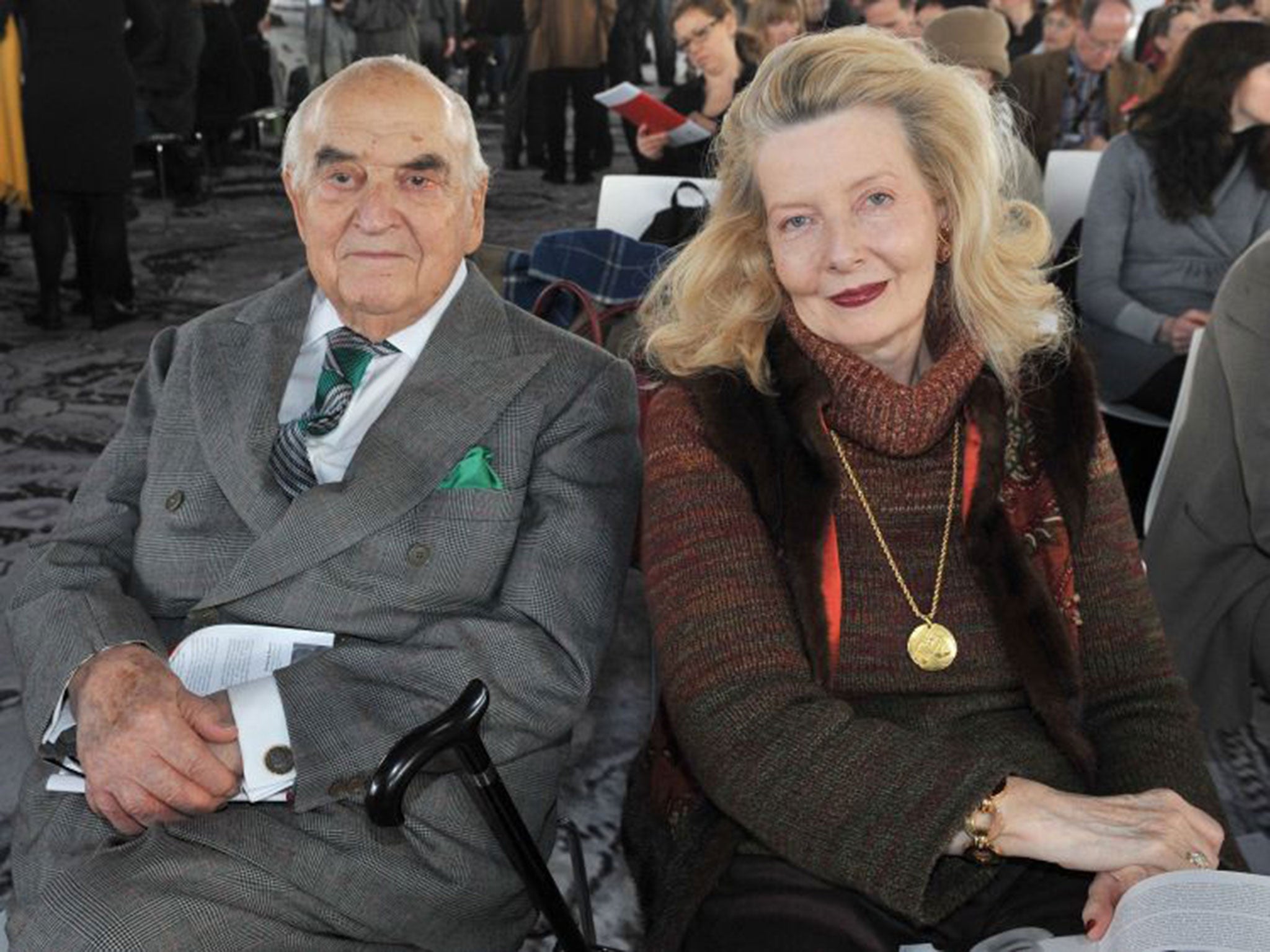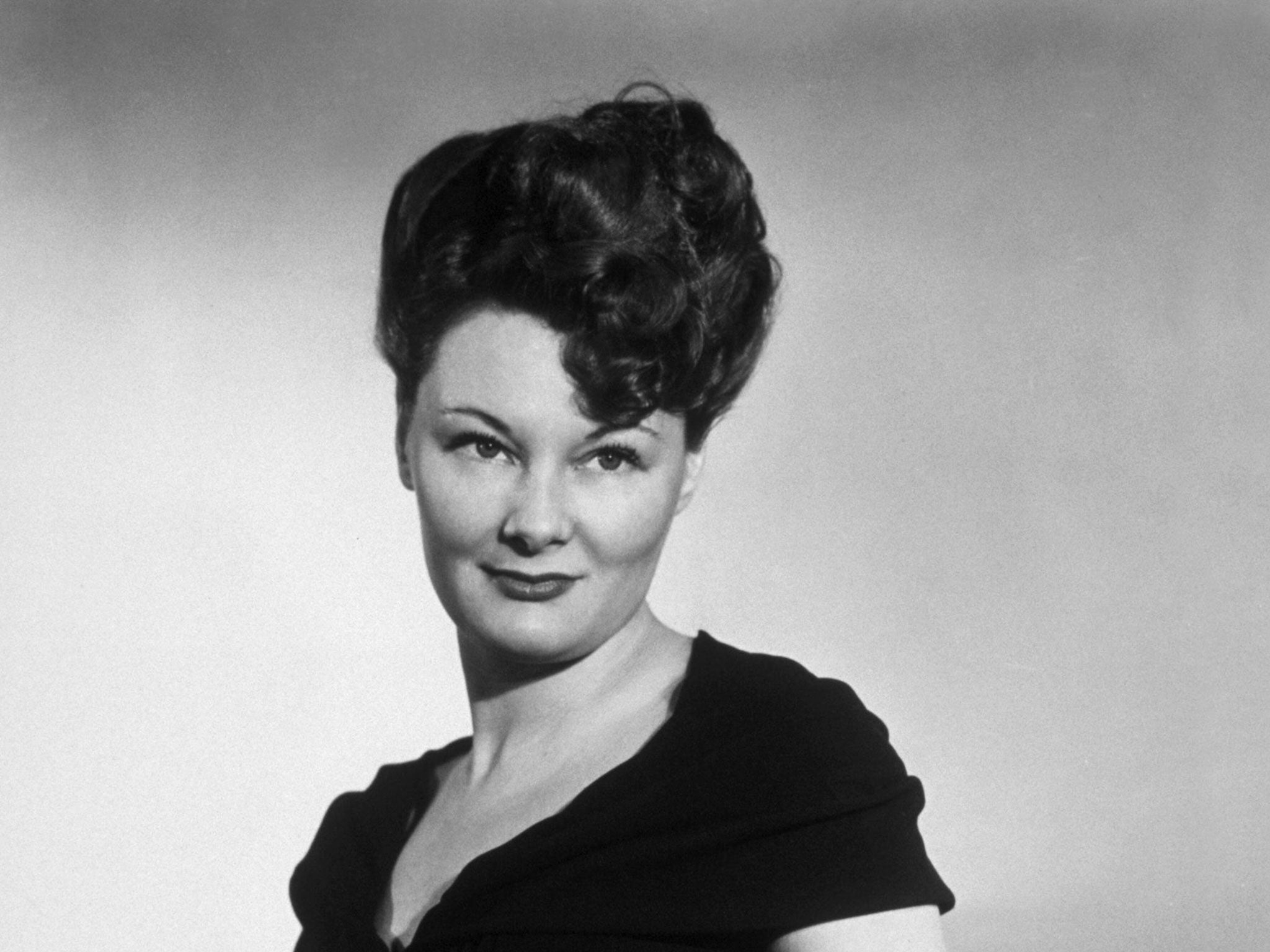Unfortunately for Lord Weidenfeld, private sauce always trumps public success
Salacious gossip sticks in the mind longer than any achievement does

Of all the tributes paid to Lord Weidenfeld, that titan of the post-war publishing scene who died last week at the advanced age of 96, perhaps the most poignant came from my colleague Boyd Tonkin, writing in The Independent.
The poignancy lay not in some of the challenging circumstances of the deceased’s early life – he was an Austrian Jew who as a student fought a duel with a Nazi and was forced to flee Vienna after the Anschluss – but in the revelation that Weidenfeld, a peer of the realm and a stalwart of metropolitan high life, the friend of prime ministers and the confidant of, among others, Angela Merkel, considered himself misunderstood.
According to Tonkin’s account, the four-times married publisher and well-known man about town, used to complain that on this side of the English Channel gossip-mongering journalists with a prurient interest in his romantic life habitually played down the extent of his contribution to public life. On the Continent, alternatively, and sometimes beyond it, he was regarded as a serious philanthropist, patron of the arts and all-round intellectual go-between. The blinkered domestic observer of his career saw only the honours that came out of his widely reported friendship with Harold Wilson, rather than the memoirs of Wilson’s time in government which were its direct result.

And Weidenfeld, according to Tonkin, had a point. As late as last year, he was involved in the creation of the Safe Havens Fund, designed to rescue Christians in Iraq and Syria from the forward march of Islamic State, while framing his generosity as the late repayment of a debt to the family who had welcomed him as a 19-year-old refugee. (“It applies to so many of the young people who were on the Kindertransports. It was Quakers and other Christian denominations who brought those children to England.”) And this is to ignore a six-decades long publishing programme that featured everything from Nabokov’s Lolita to the works of authors as varied as Saul Bellow, Chaim Weizmann, Albert Speer and Pope John Paul II.
All this, certainly, is impressive. And yet, as one obituary succeeded another, as we were offered compendious details of Weidenfeld’s dazzling CV, his work for the Royal Opera House and English National Opera, the international conferences he convened and the cultural bridge-building on which he was perennially embarked, I found myself remembering a book called Weep No More, published 27 years ago, in which his second wife, Barbara Skelton, previously married to the distinguished literary critic Cyril Connolly, remembers in exquisite and painful detail the circumstances of their short-lived union.
No point in pretending that this second instalment of Skelton’s memoirs – there is an earlier volume called Tears Before Bedtime – isn’t a bitchy and score-settling affair, in which plain George Weidenfeld, as he then was, has every slight offered to his former consort repaid with interest. The worst of it was that Skelton kept everything, not only her husband’s imploring love letters, but the legal correspondence of their divorce (“Our client instructs us he will pay Peter Jones’ account for £13.2s.6d and the account of Phelps Beddard for £19.1s.3d” ran one of these missives) and, equally injurious, her memory of episodes calculated to display her inamorata in a farcical light. Comic nadir is reached in a story about his being mistaken for an escaped baboon while out jogging in the Provençal woods, on the grounds of the extreme hairiness of his nether regions.
What Lord Weidenfeld, as he had by then become, thought about this exposé of his private life when the manuscript arrived at his house in Eaton Square one morning can only be guessed at. On the other hand, no legal action was taken when the book appeared, so one can only assume that the events described in its brisk and recriminatory pages happened more or less as “Babs” said they did.
You sympathise profoundly with his irritation, just as you sympathise with his complaints about a home-grown media apparently more interested in the women he was squiring around London than the Weidenfeld & Nicolson summer catalogue with its new fiction by J G Farrell and Margaret Drabble. And yet to deplore this fascination with tittle-tattle is to ignore the way in which the greater part of public life works.
The late Auberon Waugh’s Who’s Who entry used to maintain that his hobby was “gossip”. Stumbling upon this confession at about the same time that I laughed over Weep No More, I took the proper Puritan attitude that this was simply evidence of a light-minded approach to life. Who, I reasoned, would want to spend their leisure hours exchanging ill-informed speculation about other people’s private affairs? And could there be an occupation more trivial or, at times, downright degrading than that of the gossip columnist? A quarter of a century later, I realise that I was wrong about this, and that “gossip”, in its broadest sense, has some claims to be regarded as the fulcrum on which the average existence turns.
Something of its allure can be seen in the revelation – distressing to those of us who like our intellectuals to be Olympian figures, detached from the mundane human traffic beneath them – that most of the “serious” players of 20th-century culture were incorrigible gossips. Weidenfeld’s friend Isaiah Berlin, on the evidence of his four volumes of letters, certainly was. T S Eliot had his moments, and it always seems to me that one of the clinching arguments against the great literary critics F R Leavis and his wife, Queenie, is how little interest they took in other people down at the bedrock level of hatches, matches and dispatches, rather than their analysis of Milton.
The same rule applies to a great deal of literary art. What are the seven volumes of Proust’s A la recherche du temps perdu other than an exercise in gossip? Or Anthony Powell’s equally compendious A Dance to the Music of Time? A diarist is, almost by definition, a gossip. Pepys is never so happy as when filing unsubstantiated third-party reports on colleagues, and much of the material that went to make up Aubrey’s Brief Lives was little more than scuttlebutt. The great crisis of Thackeray’s later life, the “Garrick Club Affair” which estranged him from Charles Dickens and had London in uproar for weeks, grew out of an incautiously dropped remark or two to a friend across a clubland hearthrug.
There is a serious historical point here, which is that juicy remarks about public figures frequently have the effect of nailing their personalities in a manner unknown to straightforward reportage. The daughter of a Victorian nobleman whose parents were keen for her to marry Gladstone was once supposed to have watched from an upstairs window as her prospective husband made his way along the gravel drive and then told her mother, “Mama, I cannot marry a man who carries his bag like that” – not historical “evidence” by any means, but an instant short-cut into the very peculiar personality that, like the valise to which he gave his name, the young Gladstone carried around with him.
The same point could be made of the Aubrey-esque Brief Lives (1982), compiled by my predecessor on these pages, the late Alan Watkins – a collection of sketches of well-known personalities of the 1970s and 1980s, often relying on gossip for their armature and yet likely to survive far longer than official biographies.
To return to the publisher of Bellow and Nabokov and the instigator of the Safe Havens Fund, Lord Weidenfeld may not have liked being remembered for his impersonation of a baboon, but there are worse memorials.
Join our commenting forum
Join thought-provoking conversations, follow other Independent readers and see their replies
Comments